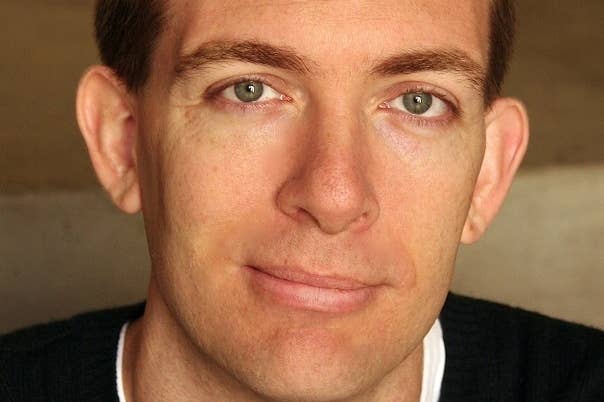Social currency has real value
Ninja Metrics CEO says industry has been forward-thinking in adapting to new business models, but still undervalues community
At next week's Game Developers Conference, Ninja Metrics CEO Dmitri Williams will be presenting a talk on "social whales," a new name for an old kind of gamer that the industry hasn't found a good way to pin down in the past. Williams took some time last week to speak with GamesIndustry International about his talk and how it ties into larger trends in the gaming industry, from what it's doing right to where it can still improve.
Starting with the social whales, Williams first described the species. While traditional whales are the heaviest spenders in free-to-play games, social whales can be just as valuable without ever spending a dime. Williams said these people are those with the most influence and impact on the spending and playing habits of their friends. And while designing titles to maximize revenues from heavy spenders can push game design to places some would deem exploitive, Williams said focusing on social whales doesn't carry the same potential drawback.
"Social whales are a different phenomenon entirely because they aren't people you can exploit. That dynamic is fundamentally different. You can't just make them spend more."
"Social whales are a different phenomenon entirely because they aren't people you can exploit," Williams said. "That dynamic is fundamentally different. You can't just make them spend more. In fact, they might not be big spenders at all. Really, what you're trying to do is reach their friends. And to do that, you can't just shout, 'Thar she blows,' giggle, and count money. You really have to think about why that player's playing and what their relationship is with their friends. You want to try to impact what is an organic process in a positive way."
As an example, Williams suggested the analogy of a coffee shop. An owner focused on the java-chugging equivalent of traditional "whales" could give out coupons to coffee drinkers. However, that same owner could instead focus on making the coffee shop a more inviting place to relax, reasoning that if people hang out there with their friends regularly, they'll wind up spending more money on coffee anyway. Getting back to games, Williams said it's a mindset he sees reflected in the success of free-to-play games like World of Tanks and League of Legends.
"Those developers have a very player-centric culture where they just figure, 'Let's make their experiences better and we'll make plenty of money,'" Williams said. "And they've been right."
These "social whales" have always been a part of the customer base, but Williams said they haven't been appropriately identified before. And while he was adamant his talk would not be a commercial for his company's services, Williams acknowledged that yes, his analytics firm offers ways to track their impact. But going beyond that concept, Williams said the relationship between players, and between the players and the developers, has been a long-standing blind spot for the industry.
"Community managers don't command a ton of respect in this industry," Williams said. "Community is often given lip-service, but it turns out it drives a ton of the spending. You can measure it, and it's a big deal. And this industry needs to get on that... I've found the community managers I've interacted with to be very thoughtful people, just not taken very seriously."
"Community managers don't command a ton of respect in this industry. Community is often given lip-service, but it turns out it drives a ton of the spending."
That blemish aside, Williams said the industry has done a fine job of keeping pace with the changing way consumers engage with their entertainment, much better than some of its peers.
"In a way, what's happening here is completely analogous to what has happened in other paid media," Williams said. "You used to have to buy the whole CD, but now you can buy a track. You used to have to go to the movie theater, but now you can rent it online, stream it through Netflix... There are all these other business models popping up realizing that people want the experience they want, and not just the pre-packaged 'this amount for this price' that used to always happen. Having watched the movie and music business learn this lesson in really harsh ways, it's actually nice to see the video game industry not fight it, and to really roll with it and do it in cool ways. In a sense, the game industry has been vastly more flexible and forward-thinking."
Williams acknowledged the game industry benefitted tremendously from watching the mistakes those other industries made in trying to adapt to disruptive forces like the VCR or Napster. But he added the game industry is perhaps inherently more adaptive.
"It's an engineering-driven culture and a creative-driven culture in a way those other industries aren't always because they're older and a little more corporate, a little more established," Williams said.
With four decades in the rear-view mirror, games are no longer in their infancy, but Williams doesn't expect the industry's inevitable maturation to quash the drive for innovation anytime soon.
"As you see more non-engineers and non-creatives lead companies, you may see more of this traditional thinking, but I don't see the game industry changing its stripes radically," Williams said. "I think it's always going to have a little more of that progressive thinking than, say, Hollywood has. It's going to be a couple more decades before we have to lament the game industry having lost its groove."

